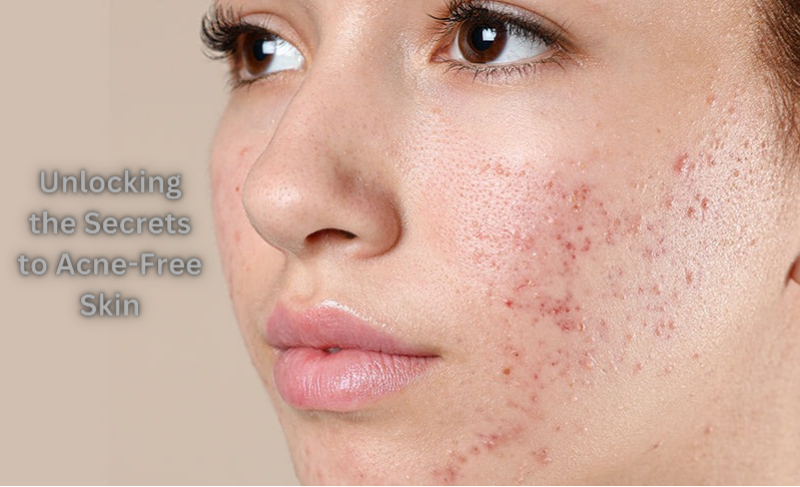Table of Contents
Understanding Acne Scars: Causes, Symptoms, and Treatment Options
Acne scars can be a significant concern for many individuals who have struggled with acne. Not only do they affect the appearance of the skin, but they can also lead to feelings of low self-esteem and self-confidence. In this article, we will explore the causes and symptoms of acne scars, as well as treatment options and prevention tips to help you manage and reduce their appearance.
Causes of Acne Scars
Acne scars occur when the skin becomes damaged as a result of severe acne, such as cysts or nodules. When these lesions are inflamed, they can cause the skin to break down and lead to the formation of scars. There are several factors that can contribute to the formation of acne scars, including:
- Genetics: If your parents had acne scars, you may be more likely to develop them as well.
- Severe acne: Cysts, nodules, and pustules can cause significant damage to the skin, leading to scarring.
- Picking or squeezing acne: When you pick or squeeze acne, you can push bacteria and other debris deeper into the skin, causing inflammation and scarring.
- Hormonal changes: Fluctuations in hormone levels, such as those experienced during puberty or menopause, can lead to increased oil production and clogged pores, which can contribute to acne scarring.
Symptoms of Acne Scars
Acne scars can take many forms, including:
- Rolling scars: These scars are characterized by a depressed area of the skin with a sloping edge.
- Boxcar scars: These scars are deeper and more narrow than rolling scars, with a sharp edge.
- Ice pick scars: These scars are small and narrow, with a sharp edge and a depth that is equal to the width of the scar.
- Hyperpigmentation: This is a common side effect of acne, in which the skin becomes darker or lighter in certain areas due to inflammation.
Treatment Options for Acne Scars
There are several treatment options available for acne scars, including:
- Topical treatments: Creams and gels that contain ingredients such as retinoids, vitamin C, and glycolic acid can help to reduce the appearance of acne scars.
- Laser therapy: Ablative and non-ablative lasers can be used to reduce the appearance of acne scars by promoting collagen production and improving skin texture.
- Dermabrasion: This is a surgical procedure that involves using a special tool to remove the top layers of the skin, which can help to reduce the appearance of acne scars.
- Microdermabrasion: This is a non-invasive exfoliating treatment that can help to improve skin texture and reduce the appearance of acne scars.
- Chemical peels: A solution is applied to the skin to remove the top layers and promote collagen production, which can help to reduce the appearance of acne scars.
- Surgical excision: This is a surgical procedure that involves removing the scar tissue and re-suturing the skin to improve the appearance of the scar.
Prevention Tips for Acne Scars
While it is not possible to completely prevent acne scars, there are several steps you can take to reduce your risk:
- Practice good hygiene: Wash your face twice a day with a gentle cleanser and avoid touching your face.
- Use non-comedogenic products: Look for products that are labeled “non-comedogenic” or “oil-free” to reduce the risk of clogged pores.
- Get enough sleep: Lack of sleep can increase stress, which can contribute to acne.
- Eat a healthy diet: A diet that is rich in fruits, vegetables, and whole grains can help to reduce inflammation and promote healthy skin.
- Avoid picking or squeezing acne: This can push bacteria and other debris deeper into the skin, causing inflammation and scarring.
Conclusion
Acne scars can be a significant concern for many individuals, but there are several treatment options and prevention tips available to help manage and reduce their appearance. By understanding the causes and symptoms of acne scars, you can take steps to reduce your risk and improve the appearance of your skin. Remember to always consult with a dermatologist or other qualified healthcare professional before undergoing any treatment for acne scars.
Recommended Products
-
Product on sale
 CeraVe Acne Control Cleanser – 237mlOriginal price was: KD9.000.KD8.000Current price is: KD8.000.
CeraVe Acne Control Cleanser – 237mlOriginal price was: KD9.000.KD8.000Current price is: KD8.000. -
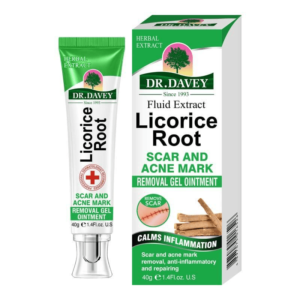 Dr. Davey Licorice Root Scar & Acne Removal Gel Ointment – 40gKD2.500
Dr. Davey Licorice Root Scar & Acne Removal Gel Ointment – 40gKD2.500 -
 Aichun Beauty Green Tea Peeling Gel Face & Body – 100gKD2.490
Aichun Beauty Green Tea Peeling Gel Face & Body – 100gKD2.490 -
Product on sale
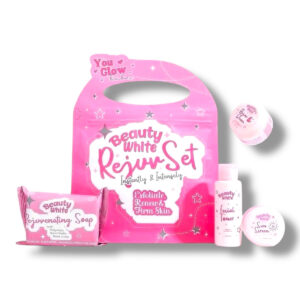 You Glow Babe Beauty White REJUV SETOriginal price was: KD8.000.KD6.000Current price is: KD6.000.
You Glow Babe Beauty White REJUV SETOriginal price was: KD8.000.KD6.000Current price is: KD6.000. -
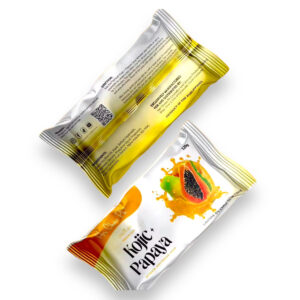 Her Choice Kojic Papaya Soap 120gKD2.500
Her Choice Kojic Papaya Soap 120gKD2.500 -
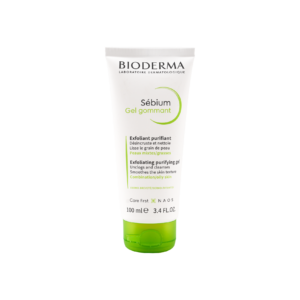 BIODERMA SEBIUM EXFOLIATING GEL 100MLKD6.560
BIODERMA SEBIUM EXFOLIATING GEL 100MLKD6.560 -
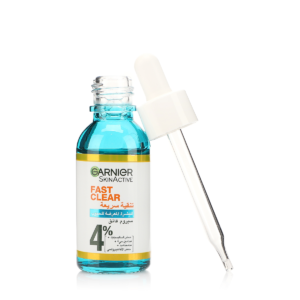 Garnier Fast Clear Serum 15mlKD2.760
Garnier Fast Clear Serum 15mlKD2.760 -
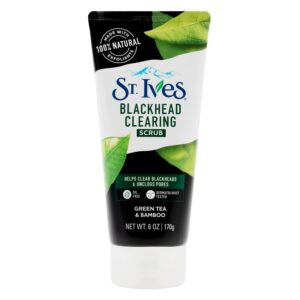 St.Ives Blackhead Clearing Scrub 170g – Green Tea & BambooKD3.720
St.Ives Blackhead Clearing Scrub 170g – Green Tea & BambooKD3.720 -
 Bells Pure Tea Tree Oil 10mlKD3.000
Bells Pure Tea Tree Oil 10mlKD3.000

